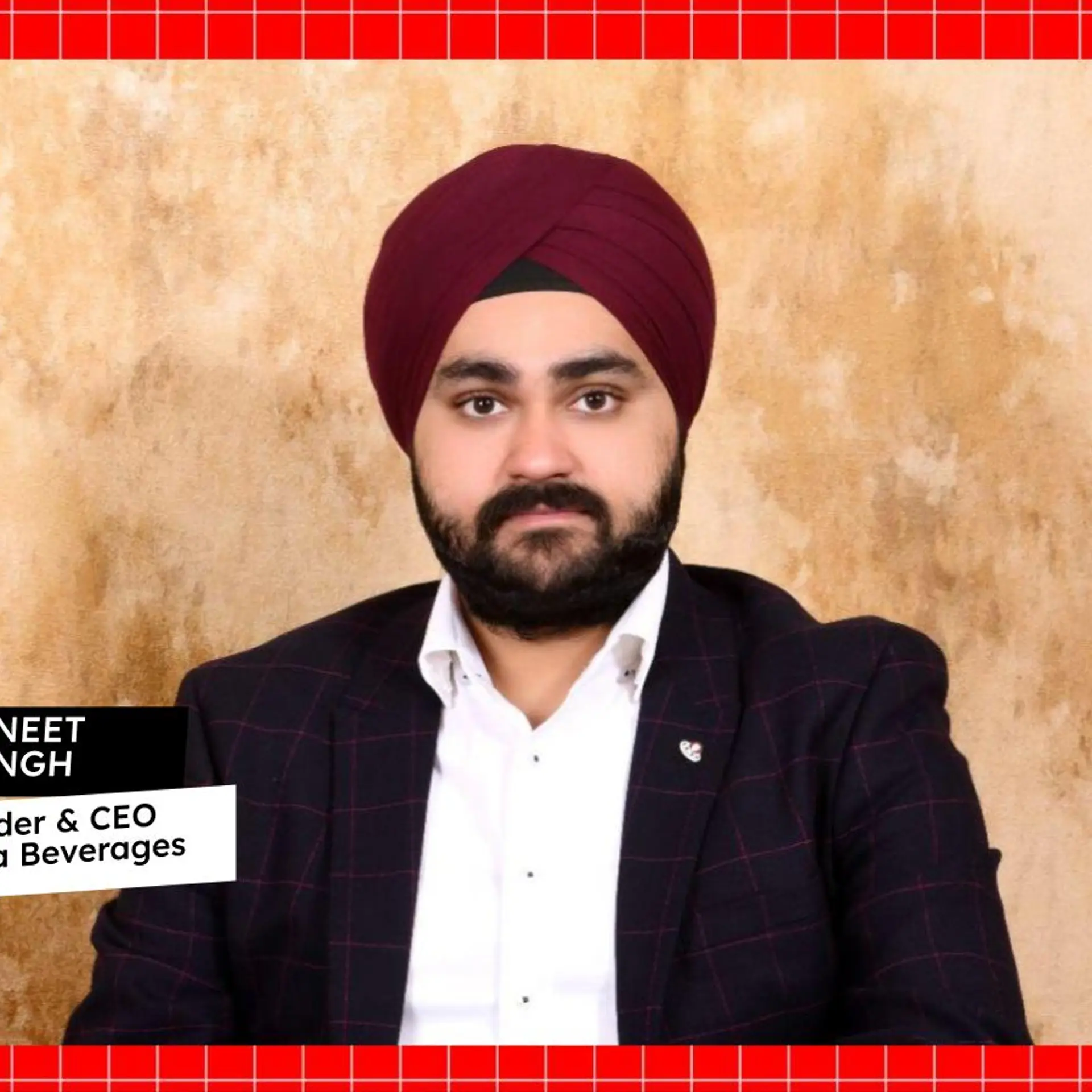Qualcomm showcases how its Smart Cities Accelerator Program and technologies are powering next-gen innovations
On 25 June 2015, the Government of India launched the Smart Cities Mission to build and promote 100 cities that offered a good quality of life to its citizens via Smart Solutions. The mission aimed to focus on critical areas like basic urban infrastructure, transport and water management, governance, and energy supply. With plans to launch Smart Cities 2.0 by 2020, there have been recommendations by experts to involve more private participation in the Mission.

One key contributor to developing smart cities, not just in India, but across the globe is Qualcomm, which through its Qualcomm® Smart Cities Accelerator Program has been connecting cities, municipalities, government agencies, and enterprises with an ecosystem of providers to help deliver greater efficiencies, cost savings, safety, and sustainability. Launched in April 2019, the programme’s members include system integrators, hardware and software manufacturers, and cloud solution providers, among others.
In this context, two “Qualcomm Smart Cities Accelerate India 2019” events were hosted in Gurugram and Bengaluru to showcase how Qualcomm is collaborating with its partners to transform infrastructure in both urban and rural areas. The events were teeming with innovation and smart solutions with several senior Qualcomm executives, sector experts, system integrators, partners and startups in attendance.
Setting the context for the event and briefly outlining the programme, Rajen Vagadia, Vice-President Qualcomm Technologies and President Qualcomm India said, “What we do is innovate and invent. Those are the two words we identify most with and over the past 30 years, we have invested 20 percent of our topline into R&D. The outcome of this R&D has been fundamental research, innovations and invention. These innovations are given to our licensees. Every time a partner represents us, that’s how we get our credit.”
Vagadia then gave a brief overview of the history of telecom in India and said that the advent of 5G would bring an exponential evolution to all businesses and unprecedented collaboration between the public and private sectors.
Uday Dodla, Sr. Director, Business Development, Qualcomm India, lay emphasis on the fact that scalable, secure, cost-effective and single-point solutions lie at the core of smart city solutions and the advent of 5G is set to revolutionize not just smart cities but also industries such as manufacturing, construction, energy, logistics (shipping, transport & warehouses) among others, given that by 2035, an estimated $5 trillion of value will be enabled by 5G goods & services.
Further elaborating on Qualcomm’s contribution to this space, Sanjeet Pandit, Sr. Director, Qualcomm Technologies and Head of Qualcomm’s Smart Cities practice, said, “We don't like to call our practice smart cities, we call our practice “smart verticals”. The current opportunity across hardware, network services and software is expected to be $572 billion by 2025. These numbers are the result of the identification of various smart verticals and that's what constitutes a complete, deployable solution.” He said that the Qualcomm® Smart Cities Accelerator Program aims to be “the glue between all ecosystem providers” to connect its members in their search for smart city solutions and relevant expertise.
Partners for development
Intelligent cities essentially leverage technology and utilize existing and planned infrastructure investments to provide a higher quality of living to residents, a conducive investment climate for businesses and to allow maximum resource utilization.
Larsen & Toubro has been leveraging Qualcomm technologies across various verticals in the Smart Cities space. Speaking about the opportunity landscape in India, in Gurugram, Purushottam Kaushik, Head-Strategy and Special Initiatives, L&T Smart World and Communications, said that the big picture ‘is actually happening within cities and the urban domain’, and that was a key area for them.
With a footprint across New Delhi, Mumbai, Jaipur, Nagpur, Pune, Visakhapatnam, Raipur, Hyderabad, Goa, Allahabad, and 10 cities in Tamil Nadu, Kaushik said that they were working in the areas of Water, Parking, Traffic Management, Lighting, Solid Waste Management, Surveillance Systems, Smart Poles, and DC/DR, all of which was controlled by a central command and control center.
“We are in various stages of execution with our projects. Quite a few of them have actually moved from concepts to an operational stage. And that's where we are gathering all kinds of data, and looking at a go-forward plan,” he said.
Detailing the challenges that existed during a project, Kaushik listed infrastructure, political systems and bureaucracy, budgets and funding and the silo administration of cities as the key challenges in the pre-bid stage, and cash flow for SIs; ambitious timelines and strict SLAs; RI/RoW clearance; and acceptance of cloud technology as the main challenges in the post-bid stage.
The session in Bengaluru saw Capt. Sunil Kurian, Head – Operations, Maintenance and Sustainability, Mahindra World Cities speaking about the initiatives, solutions and possibilities undertaken for the project. Having set up two smart cities – in Jaipur and Chennai – Kurian took the opportunity to talk about how Mahindra Lifespaces has minimized environmental impact and how their smart cities are helping citizens living lead a happier, safe and secure life.
The aim of such projects, he added, should be to increase customer satisfaction, efficient ways to manage systems and working with governments seamlessly. “Livelihood drives cities and working with governments and large companies to establish ways and means of earning livelihood is key.” On India being ready to embrace smart cities, Kurian said, “India was already smart, centuries ago - take for example the Nalanda University in the North to Kanchipuram in the South. We lost our way somewhere in between and now, we have an opportunity to correct ourselves, step by step. I look forward to many such programs happening more frequently. These will further accelerate the growth of smart cities in the country.”
The Smart Cities Accelerate India 2019 events saw several global & local companies take part. Each one of them showcased success stories of enabling various smart verticals which included live product demonstrations. Partners found this to be the perfect opportunity to network and match-make their solutions with prospective opportunities in the Smart Cities space.
The global System Integrators & partners were:
The local companies included the following startups, currently being incubated under the Qualcomm Design in India Program:
- Grinntech Motors and Services
- Sensworx Solutions
- Antariksh Waste Ventures
- Ensemble Tech
- Atoll Solutions
- Transight Systems
You can access the Qualcomm Smart Cities Advantage Network Member Directory here







